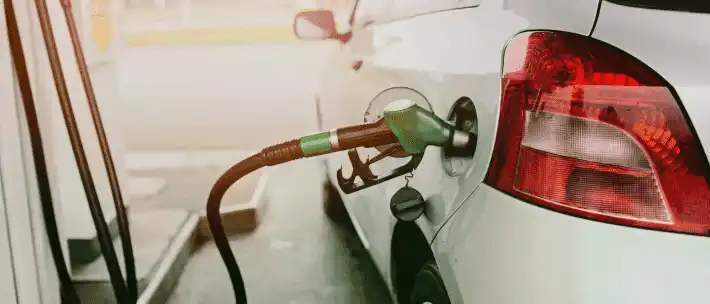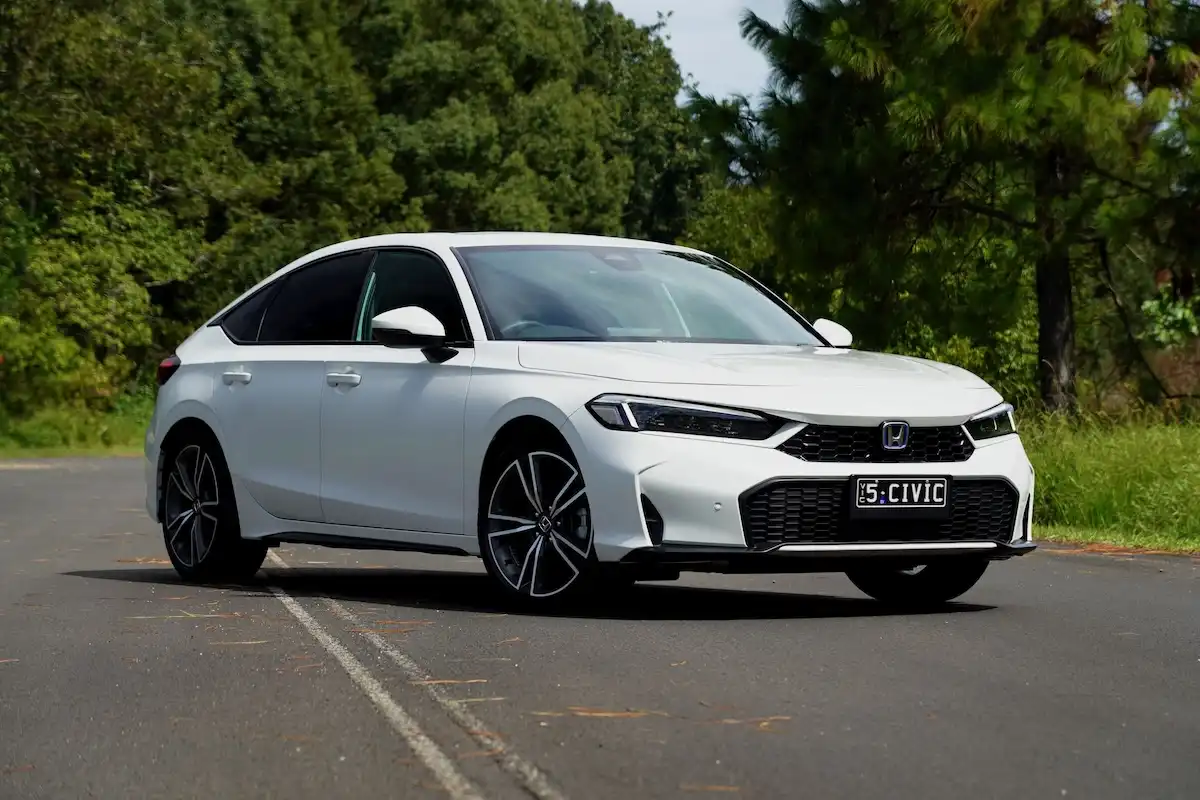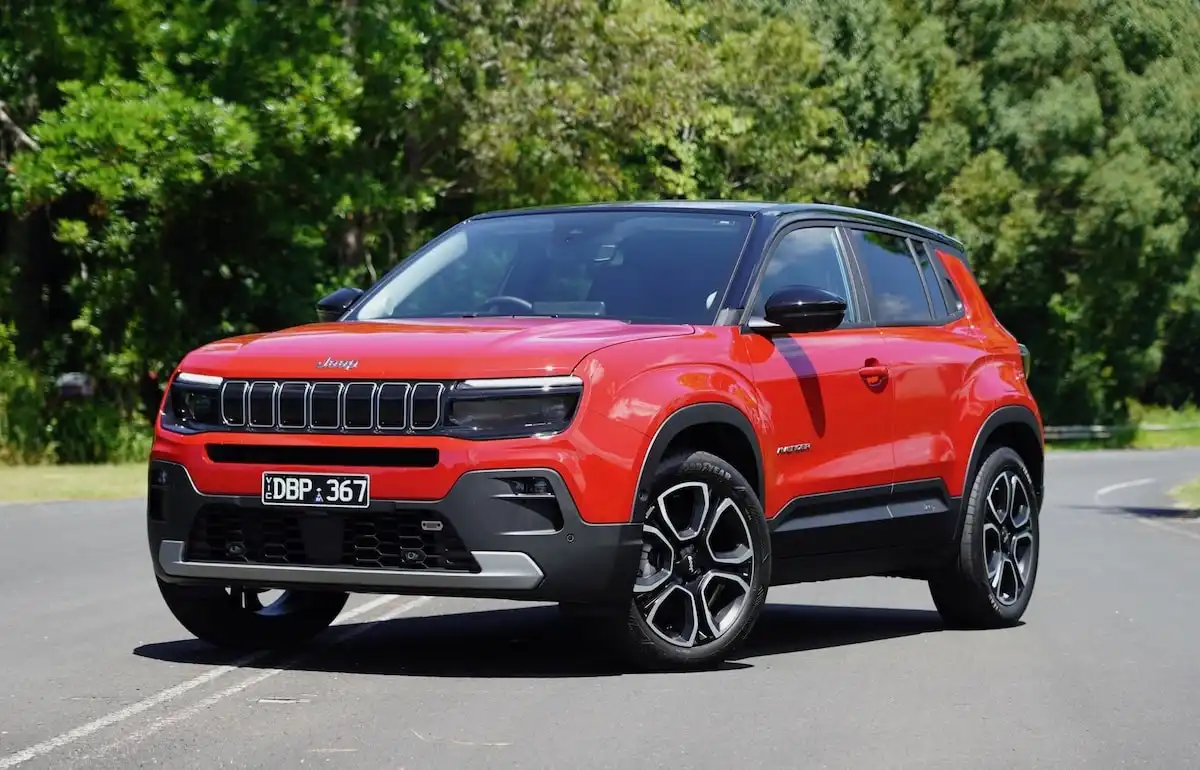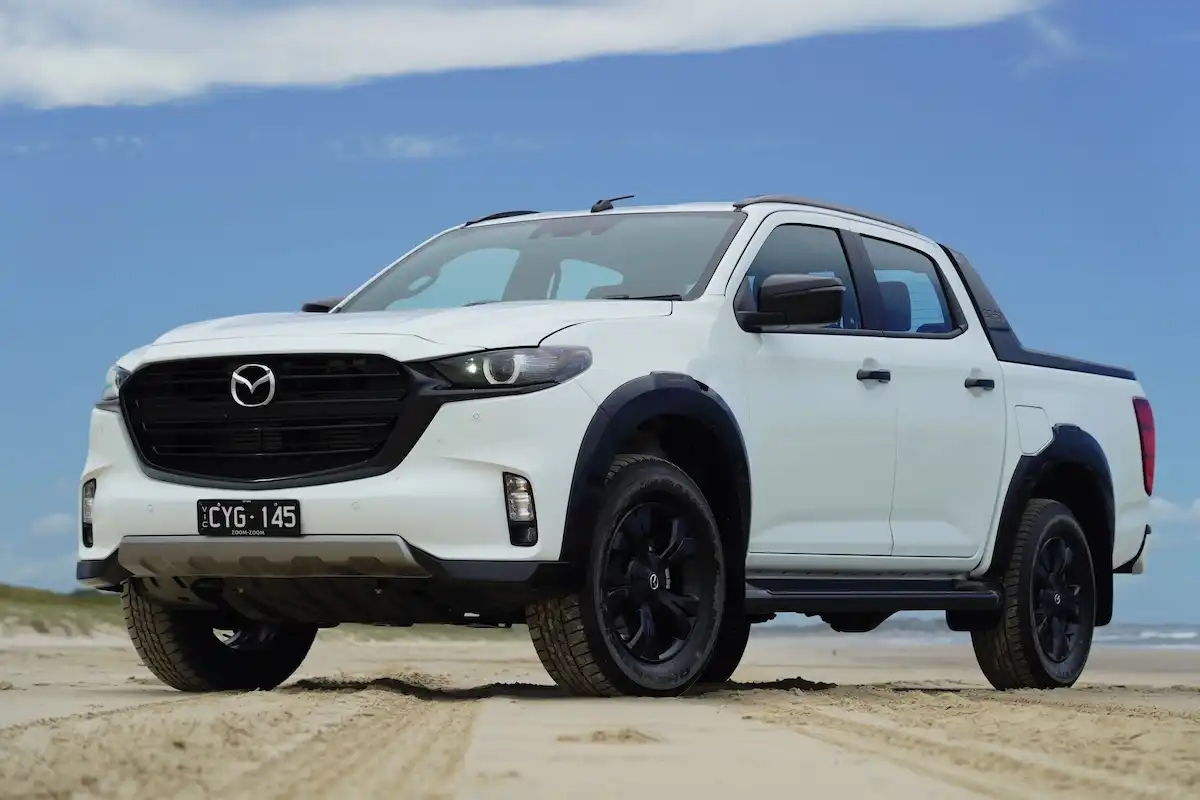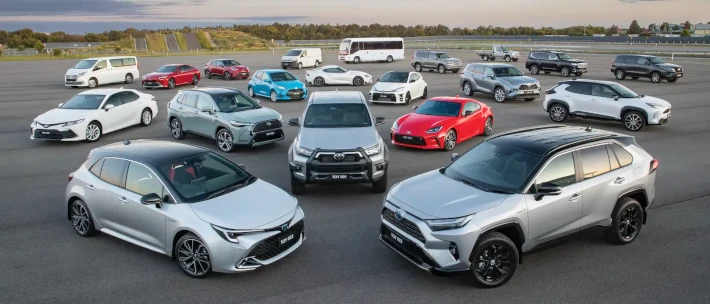While modern vehicles have become significantly more fuel efficient, there are always things you can do in your daily driving and maintenance of your vehicle that saves you money on fuel in the long term.
Let’s take a look at the most simple ways you can save money on fuel bills.
Pedal to the Metal? No!
There’s always a way to save money on your fuel bill if you’re willing to change your driving style, even just a little bit.
This means avoiding the urge to flatten the throttle off a set of lights, instead, gradual acceleration helps to minimise wear of the engine and helps reduce your fuel use. Also, adjusting your driving to anticipate traffic in advance, and coasting to a stop rather than slamming the brakes can help save you the need to stop entirely.
Cruise Control? Yes!
While cruise control is a must-have feature for long distance road trips, it’s also a valuable tool when it comes to saving money on fuel, and adaptive cruise control systems can help out more than you might think.
This is because the cruise control system is optimised for your car, and every time the acceleration band can be flat and consistent as possible, you’re optimising your fuel use.
Adaptive cruise control systems adjust to the speed of the vehicle in front of you, which will automatically slow down as traffic worsens, or speed up as traffic lightens, often in the most fuel-efficient manner possible.
Stay Atop Your Tyre Pressures
The importance of tyre pressures is too often overlooked when it comes to reducing your fuel use and saving you considerable money on fuel in the long-term.
Finding the sweet spot for the tyres in combination with your specific vehicle is a great way to optimise energy lost while driving. Over-inflated tyres create uneven tread wear which contributes to poor fuel economy, while under-inflated tyres create more resistance as you drive, which means the engine works harder to keep up the pace - increasing its fuel use.
As the seasons shift, changes in ambient temperatures can have a huge impact on your tyres, so be sure to check them regularly and ensure they’re within the manufacturer’s recommended PSI.
Keep Your Air Filter Clean
A great way of saving money on your fuel bills can be found in keeping your air filter as clean as possible, and replacing it yourself if it’s become clogged with dirt and debris ahead of the scheduled 20,000km replacement.
An engine works by mixing air and fuel in a combustion chamber, and it’s pre-programmed with what the engine believes to be the best mix of air and fuel with power and fuel economy in mind.
If your air filter is dirty, you may be reducing the amount of clean air the engine works with, which can lead to sub-optimal fuel economy and even mechanical wear to the engine itself.
Optimise the Aerodynamics
While this might sound like a tip more suited to the context of race cars, reducing the amount of drag your vehicle creates while moving at speed will save you a heap of fuel in the long term.
The easiest way to achieve this is to remove things like cargo boxes or roof racks atop the car that you might not use on a daily basis, which catch a heap of air especially at highway speeds and add to your fuel bills.
Lighten the Load, Lighten Your Fuel Bill
Perhaps the easiest way to reduce your fuel use and save money on fuel is to remove any unnecessary or heavy cargo from the car itself.
This means ditching the golf clubs or even removing child seats if they’re not needed on a daily basis. While seemingly insignificant on the face of it, any means of reducing the kerb weight of your car contributes to more fuel efficiency.
Keep Your Car Serviced Regularly
Ensuring that your vehicle is serviced on a regular basis ensures that the engine is operating within its intended parameters.
With a happy balance, the engine will return power and fuel economy figures that match the manufacturer’s claim, while just a few small problems can contribute to losses of power or unexpected bumps in fuel use that contribute to higher running costs over time.
Avoid Filling Up When Fuel Trucks Are There
A surprisingly effective means of keeping car’s mechanicals in check is to avoid refuelling while a fuel truck is filling up the bowsers.
While this isn’t always the case, often in the process of refilling the bowsers, small particles of sediment from the bottom of the tank can be scattered through the petrol, which can make its way into your vehicle, potentially reducing your performance and increasing fuel use if fuel filters, injectors or carburettors on older vehicles become clogged.
Don’t Blast the Air Conditioning
While this might not be possible in the deep of an Australian summer, reducing your reliance on air conditioning is a great way to reduce your fuel use.
This is because blasting the air conditioning can impact a car’s fuel economy by anywhere between 8-10 per cent. The air conditioning unit is powered by the vehicle’s alternator, which receives power from the engine itself, meaning that avoiding the urge of a sub-zero cabin can have a huge impact on your fuel usage over time.
Avoid Engine Idling
While modern engines often feature stop-start technology that shuts down the engine while idling, if your car doesn’t feature this technology, you can still avoid idling the engine if you’re not moving anywhere for a few minutes.
This might only result in a small amount of fuel saved per fill up, however, getting in the habit of switching off the engine is a best practice for saving fuel.
Request a Free Quote
Click here to get a free quote on your dream car, or to get in contact with our team of car-buying experts.
Need help narrowing down your choices?
Get in touch with one of our Car Buying Specialists today
Request a quote